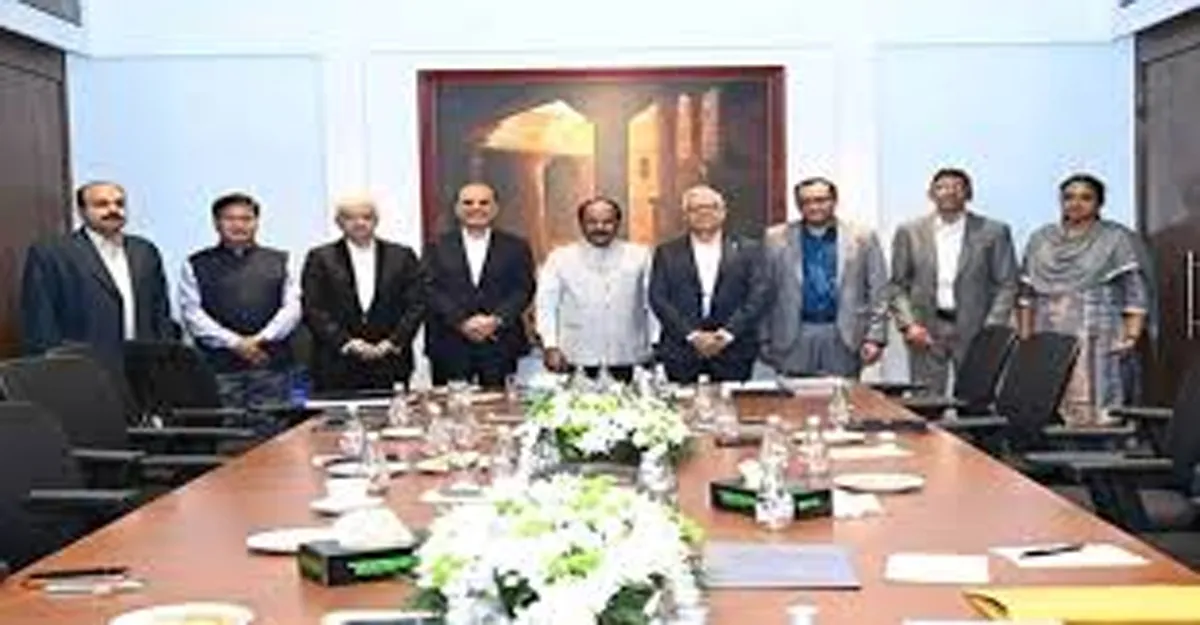Centre Pushes Faster PSP Development At Pinnapuram Meeting

PTC Expands Mehsana Plant To Boost Precision Manufacturing
PTC Industries Limited, a leading producer of high-precision castings and advanced materials for critical applications, has commenced a significant expansion of its investment-casting facility in Mehsana, Gujarat. With global supply chains undergoing a strategic realignment, industries are increasingly shifting production to resilient and trusted destinations. India is emerging as a major hub for precision manufacturing, creating substantial opportunities for industrial casting exports. In response, PTC is scaling and modernising its Mehsana site to capture rising global demand. The expansio..

Apollo Completes Acquisition Of IDL Explosives
Apollo Defence Industries Private Limited, a subsidiary of Apollo Micro Systems Limited, has confirmed the successful completion of its full acquisition of IDL Explosives Limited from GOCL Corporation Limited. With this transaction now concluded, IDL Explosives becomes a step-down subsidiary of Apollo Micro Systems. IDL Explosives operates manufacturing facilities in Rourkela and several other locations across India. Apollo Group plans to expand and strengthen the company’s operations in line with its strategic ambitions within the rapidly growing defence explosives sector. The acquisition..

GOCL Completes Sale Of IDL Explosives To Apollo Defence
GOCL Corporation Limited has announced the completion of the sale of its subsidiary, IDL Explosives Limited, to Apollo Defence Industries, marking the conclusion of the divestment process approved by shareholders earlier this year. IDL Explosives operates manufacturing units in Rourkela and several other locations nationwide. Apollo Defence plans to expand and reinforce the business in line with its strategic objectives within the rapidly growing defence sector. With this divestment, GOCL and the Hinduja Group complete their strategic exit from the explosives and detonators portfolio. Last y..
















